Orchestra of the Age of Enlightenment
Mozart's World: The Last Symphonies
Robin Ticciati (conductor)
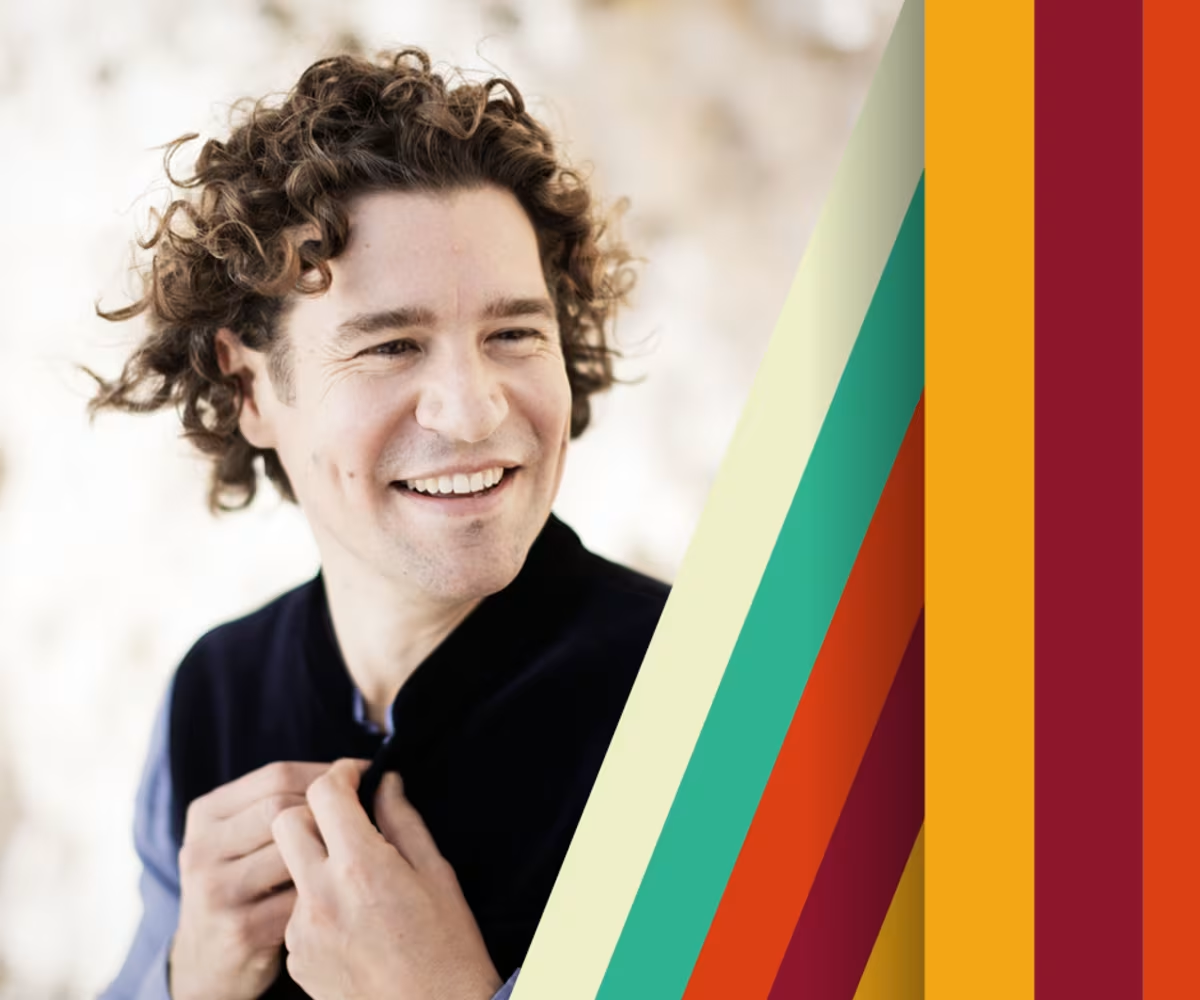
The exact purpose for composing the trio of symphonies, like so much with Mozart, remains something of a mystery. One theory is that he intended them to be new-style ‘Grand Symphonies’ as the centrepieces for concerts he was planning for Frankfurt (in 1790) and Vienna (1791). They are certainly grand in tone and scale for the time, undoubtedly placing Mozart alongside Haydn as a master of the symphonic form, and setting a new standard that paves the way for composers such as Beethoven in the following decades. Collectively, these works reflect an invincible spirit and optimistic drive that inspired Mozart to continue creating brilliant music, despite the gloomy personal circumstances he faced.
"...the greatest triumph of instrumental music"- Franz Xaver Mozart on the finale of Symphony No. 41
Whether by chance or design the sense of the three symphonies belonging together is enhanced by their contrasting dispositions and subtle tonal relationships. No. 39 (in E flat major) with its majestic opening and courtly ambience contrasts with the darker ‘sturm und drang’ era energy of No. 40 (something it shares with his earlier G minor symphony, No. 26). According to Franz Xaver Mozart it was Peter Salomon (the impresario of Haydn’s London residency) who named Symphony No. 41 “Jupiter”. It seems fitting for what is not only Mozart’s longest symphony with the largest orchestration, but also its sheer magnificence. In the finale we find Mozart at his most confident and dramatic, commanding his powers in that inimitable way that blurs the line between humanity and divinity.
Robin Ticciati is Music Director of Glyndebourne Festival Opera, where the OAE is a resident orchestra. He was Music Director of the Deutsches Symphonie-Orchester Berlin from 2017 to 2024 and Principal Conductor of the Scottish Chamber Orchestra between 2009 and 2018.
 Southbank Centre
Southbank Centre Thu, 26 February 2026
Thu, 26 February 2026 Royal Festival Hall, London
Royal Festival Hall, London 7:00pm
7:00pm £17 - £82 | £11 students
£17 - £82 | £11 students
Full Event Details

Through the summer of 1788 Mozart was consumed in a burst of inspiration. The result was the three remarkable symphonies that turned out to be his last. Rarely heard together, Robin Ticciati takes us inside Mozart’s bold, stormy and divine creations.
The exact purpose for composing the trio of symphonies, like so much with Mozart, remains something of a mystery. One theory is that he intended them to be new-style ‘Grand Symphonies’ as the centrepieces for concerts he was planning for Frankfurt (in 1790) and Vienna (1791). They are certainly grand in tone and scale for the time, undoubtedly placing Mozart alongside Haydn as a master of the symphonic form, and setting a new standard that paves the way for composers such as Beethoven in the following decades. Collectively, these works reflect an invincible spirit and optimistic drive that inspired Mozart to continue creating brilliant music, despite the gloomy personal circumstances he faced.
"...the greatest triumph of instrumental music"
- Franz Xaver Mozart on the finale of Symphony No. 41
Whether by chance or design the sense of the three symphonies belonging together is enhanced by their contrasting dispositions and subtle tonal relationships. No. 39 (in E flat major) with its majestic opening and courtly ambience contrasts with the darker ‘sturm und drang’ era energy of No. 40 (something it shares with his earlier G minor symphony, No. 26). According to Franz Xaver Mozart it was Peter Salomon (the impresario of Haydn’s London residency) who named Symphony No. 41 “Jupiter”. It seems fitting for what is not only Mozart’s longest symphony with the largest orchestration, but also its sheer magnificence. In the finale we find Mozart at his most confident and dramatic, commanding his powers in that inimitable way that blurs the line between humanity and divinity.
Robin Ticciati is Music Director of Glyndebourne Festival Opera, where the OAE is a resident orchestra. He was Music Director of the Deutsches Symphonie-Orchester Berlin from 2017 to 2024 and Principal Conductor of the Scottish Chamber Orchestra between 2009 and 2018.
Venue Details & Map

Location
Royal Festival Hall, London
Belvedere Road, London, SE1 8XX
Related upcoming events
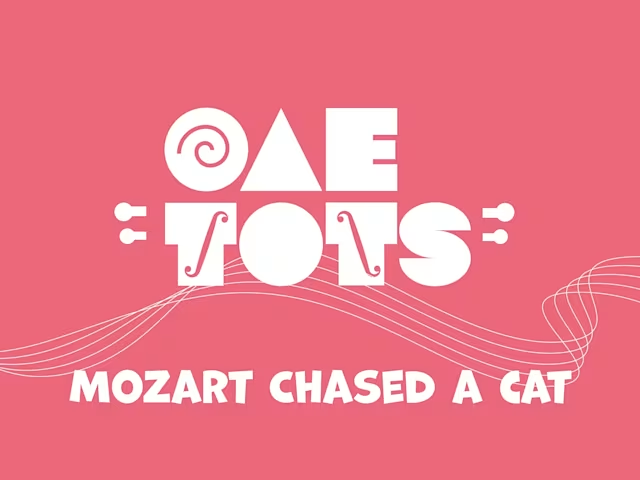
OAE TOTS: Mozart Chased a Cat
 Sat, 31 January 2026
Sat, 31 January 2026 Acland Burghley School, London
Acland Burghley School, London 10:15am
10:15am £2 (adults pay what you can from £8)
£2 (adults pay what you can from £8)- ➕1 other performance
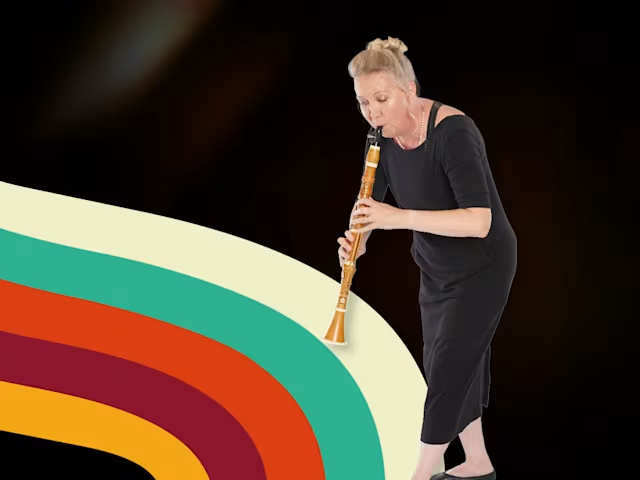
Mozart's World: A Little Night Music
 Sun, 1 February 2026
Sun, 1 February 2026 Queen Elizabeth Hall, London
Queen Elizabeth Hall, London 7:00pm
7:00pm £17-£82 | £11 students
£17-£82 | £11 students Southbank Centre
Southbank Centre
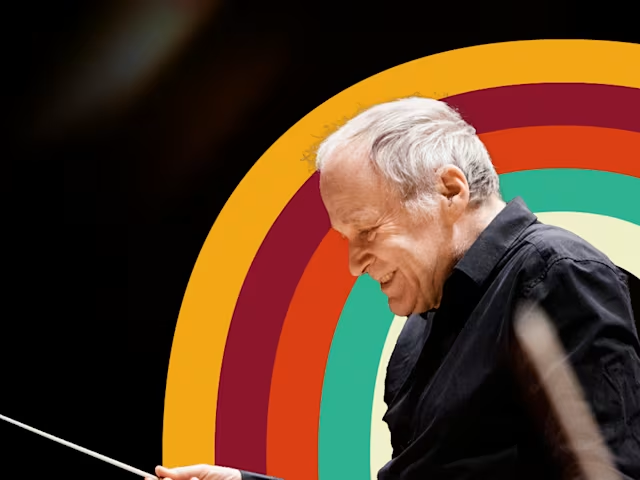
It Shall Certainly Not Bend and Crush Me Completely
 Sun, 8 February 2026
Sun, 8 February 2026 Queen Elizabeth Hall, London
Queen Elizabeth Hall, London 7:00pm
7:00pm £17 - £82 | £11 students
£17 - £82 | £11 students Southbank Centre
Southbank Centre
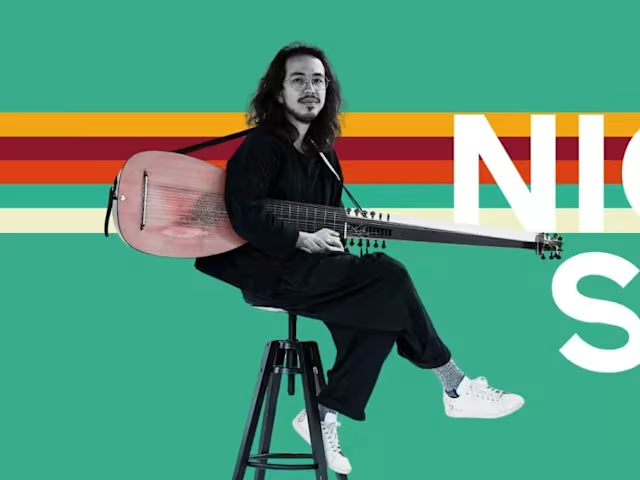
The Night Shift at Brixton Blues Kitchen
 Tue, 10 February 2026
Tue, 10 February 2026 The Blues Kitchen, Brixton (London)
The Blues Kitchen, Brixton (London) 8:00pm
8:00pm £8 minimum | £15 suggested
£8 minimum | £15 suggested
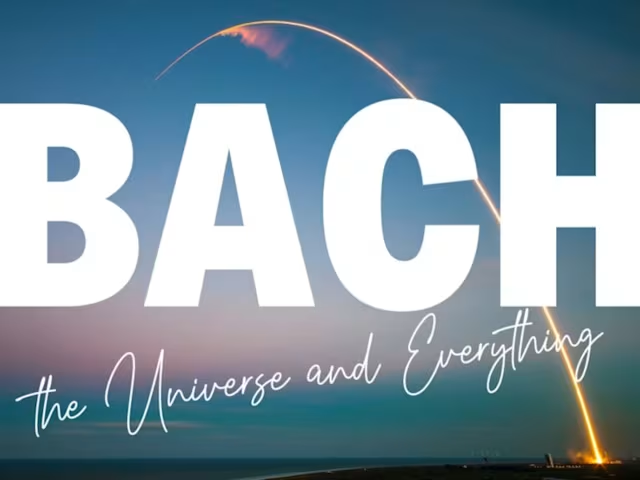
Bach, the Universe and Everything
 Sun, 22 February 2026
Sun, 22 February 2026 Kings Place, London
Kings Place, London 11:30am
11:30am £10.50 - £21
£10.50 - £21 Early Music at Kings Place
Early Music at Kings Place- ➕1 other performance
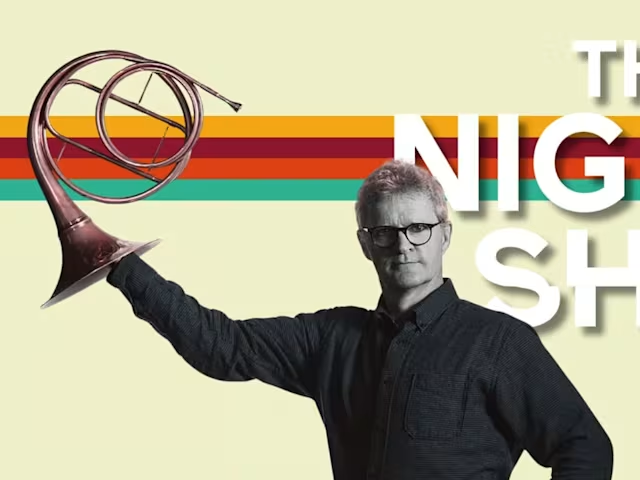
The Night Shift at The George Tavern
 Mon, 16 March 2026
Mon, 16 March 2026 The George Tavern, Shadwell (London)
The George Tavern, Shadwell (London) 8:00pm
8:00pm £8 minimum | £15 suggested
£8 minimum | £15 suggested
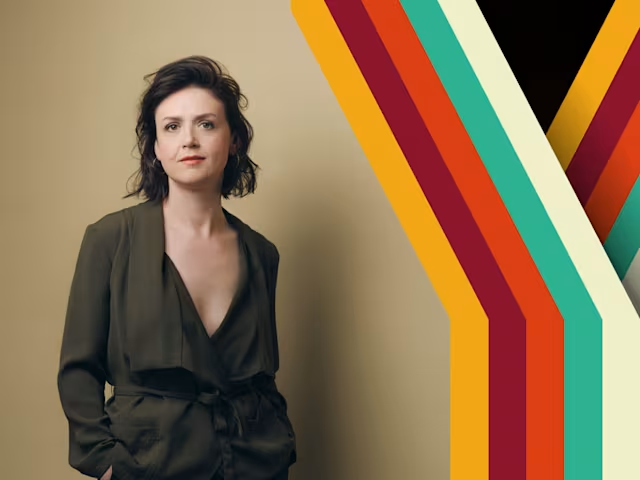
St John Passion
 Sun, 29 March 2026
Sun, 29 March 2026 Queen Elizabeth Hall, London
Queen Elizabeth Hall, London 7:00pm
7:00pm £17 - £82 | £11 students
£17 - £82 | £11 students Southbank Centre
Southbank Centre
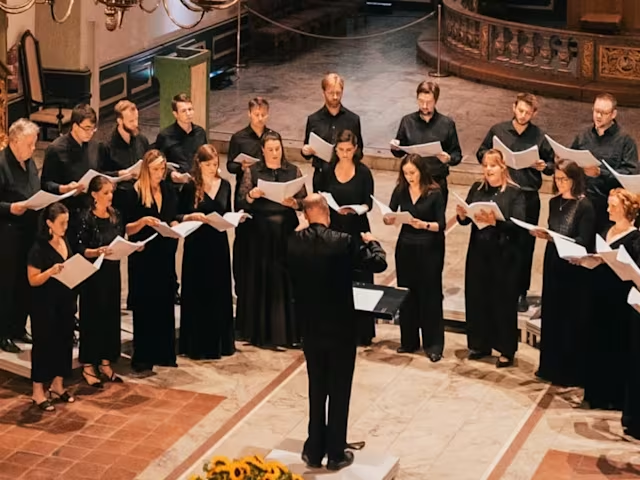
Bach: St John Passion
 Fri, 3 April 2026
Fri, 3 April 2026 Smith Square Hall, London
Smith Square Hall, London 2:30pm
2:30pm £35 - £75
£35 - £75 Smith Square Hall
Smith Square Hall
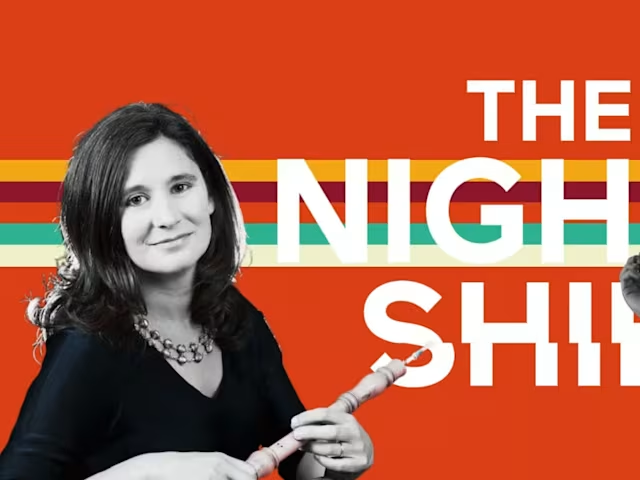
The Night Shift at The Old Queen’s Head
 Mon, 13 April 2026
Mon, 13 April 2026 The Old Queen's Head, Islington (London)
The Old Queen's Head, Islington (London) 8:00pm
8:00pm £8 minimum | £15 suggested
£8 minimum | £15 suggested
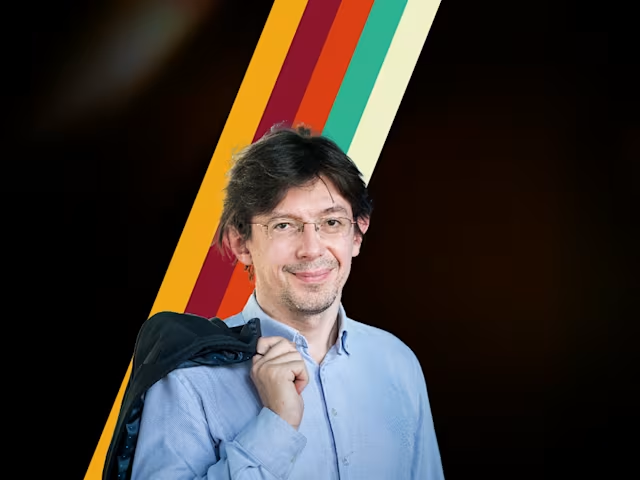
The Creation
 Wed, 27 May 2026
Wed, 27 May 2026 Royal Festival Hall, London
Royal Festival Hall, London 7:00pm
7:00pm £17 - £90 | £11 students
£17 - £90 | £11 students Southbank Centre
Southbank Centre
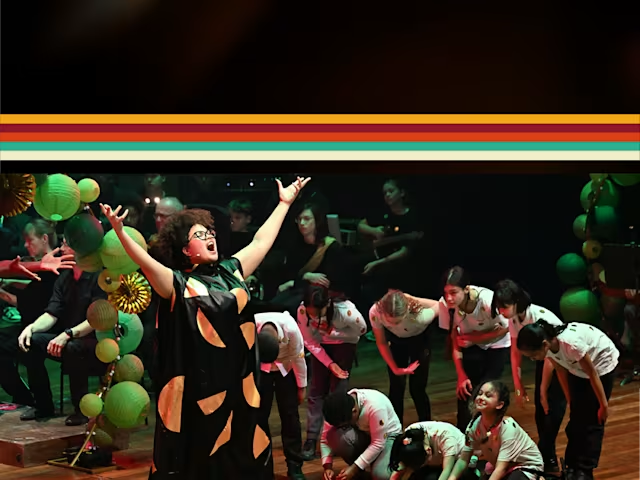
Life of the Sea
 Wed, 3 June 2026
Wed, 3 June 2026 Queen Elizabeth Hall, London
Queen Elizabeth Hall, London 7:00pm
7:00pm £17-£37 Adults (£9.50-£19.50 Under 19s)
£17-£37 Adults (£9.50-£19.50 Under 19s) Southbank Centre
Southbank Centre
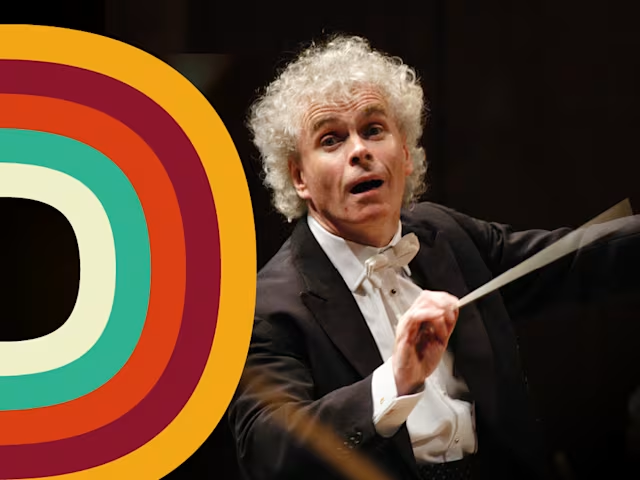
Symphonie Fantastique
 Wed, 10 June 2026
Wed, 10 June 2026 Royal Festival Hall, London
Royal Festival Hall, London 7:00pm
7:00pm £17-£95 | £11 students
£17-£95 | £11 students Southbank Centre
Southbank Centre
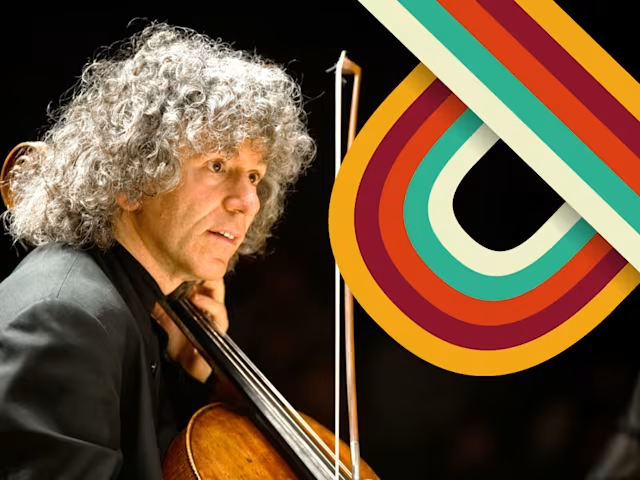
Vienna 1897: Brahms' Last Concert
 Wed, 24 June 2026
Wed, 24 June 2026 Queen Elizabeth Hall, London
Queen Elizabeth Hall, London 7:00pm
7:00pm £17-£95 | £11 students
£17-£95 | £11 students Southbank Centre
Southbank Centre

